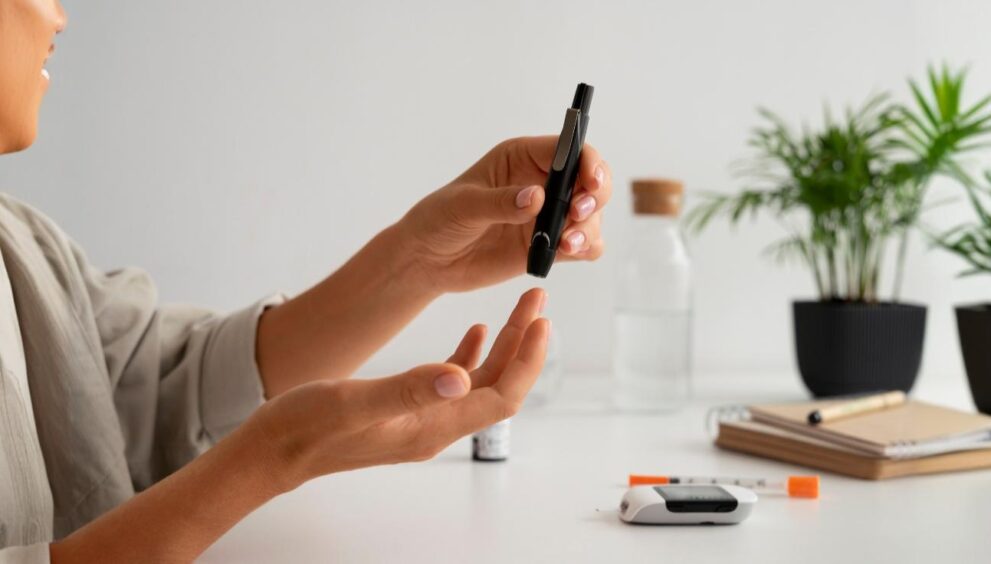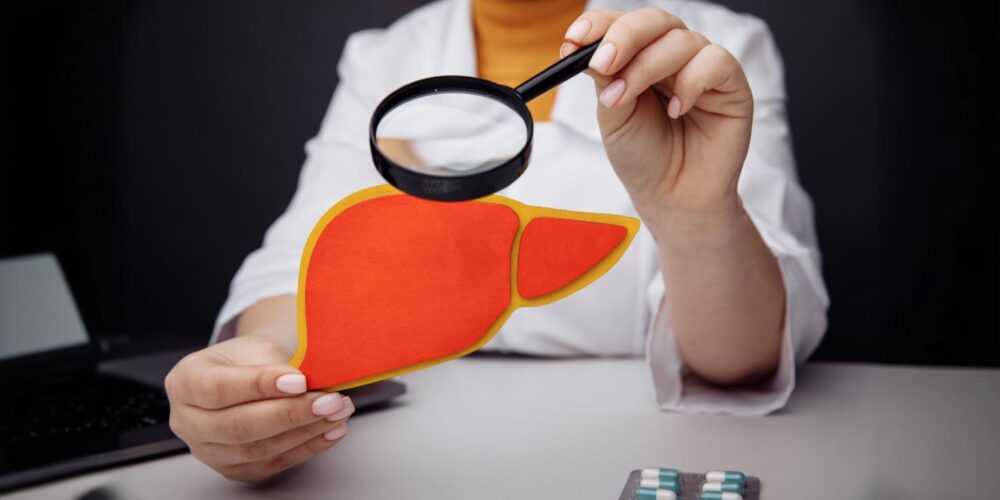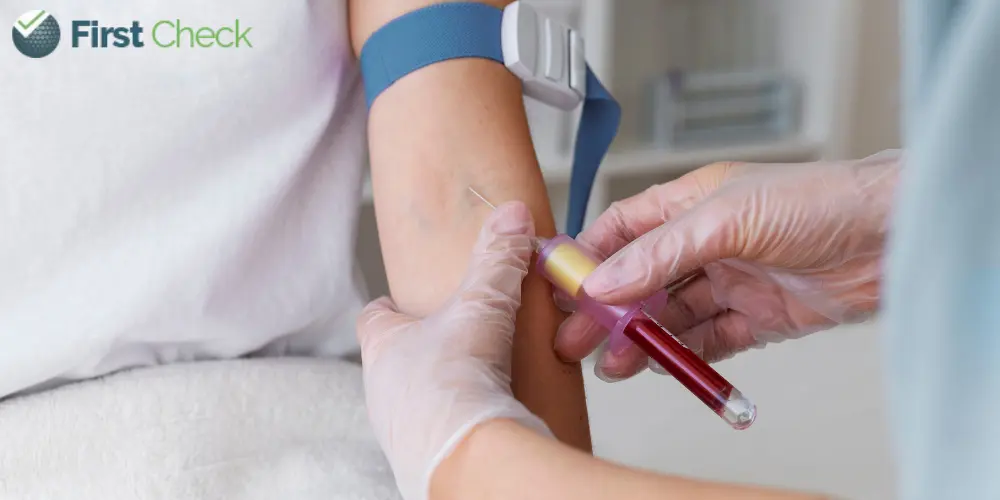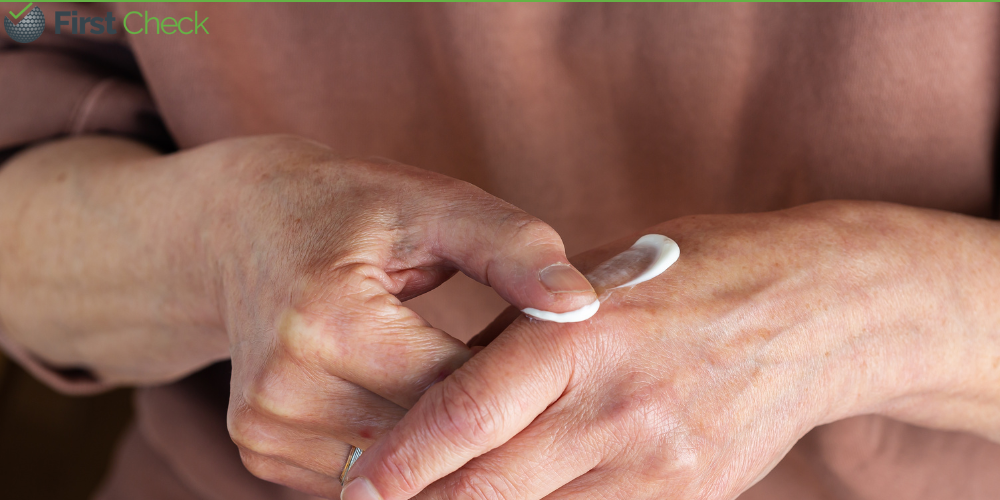Latest
Merilog, first FDA-approved rapid-acting insulin biosimilar for diabetes
The number of biosimilar insulins has risen to three, expanding treatment options for diabetes patients
Author
Author
- admin / 9 months

- 0
- 3 min read

Author
With the FDA approval of Merilog in February, the number of the biosimilar insulins has risen to three. Other two are Semglee and Rezvoglar which were approved by the regulatory agency in July and September 2021 respectively.
However, Merilog is the first rapid-acting insulin biosimilar product approved by the FDA. The approval is for both a 3 milliliter (mL) single-patient-use prefilled pen and a 10 milliliter (mL) multiple-dose vial.
Derived from living organisms, biosimilars help regulate blood glucose levels and are often more cost-effective than their brand-name counterparts. The principal objective of introducing them is to improve accessibility and address insulin affordability concerns.
Biological products treat various health conditions including diabetes. The FDA has so far approved 65 biosimilar products for a variety of health conditions.

According to the FDA, more than 38 million people in the US have been diagnosed with diabetes, a disease traced to high glucose levels. Approximately 8.4 million Americans rely on insulin therapy, either rapid-acting and/or long-acting, to manage diabetes, the FDA data reveals.
Semglee
The product developed by Biocon Biologics and distributed by Viatris, was approved by the FDA on July 28, 2021. Unlike Merilog, it is a long-acting insulin biosimilar.
Rezvoglar
Also a long-acting biosimilar, Rezvoglar, manufactured by Eli Lilly, received FDA approval on December 17, 2021.
Global rates of diabetes doubled
From 1990 to 2022, global diabetes rates doubled in both men (6.8% in 1990 to 14.3% in 2022) and women (6.9% to 13.9%). The changes in diabetes rate from 1990 to 2022 varied drastically across different countries with mostly Lower Middle Income Countries experiencing the largest increases. For example, the diabetes rate amongst women in Pakistan rose from 9.0% in 1990 to 30.9% in 2022, the largest increase across all countries. However, some higher-income countries, such as Japan, Canada and some countries in western Europe (eg. France, Spain and Denmark), saw no change or even a small decrease in diabetes rate over the last two decades.
Diabetes in India
A study by the Lancet last year revealed that over a quarter of the world’s diabetes cases, with 212 million adults affected, as global diabetes numbers reached 828 million—more than four times the count in 1990, according to a new analysis in The Lancet.
India is followed by China with 148 million diabetes cases, and the USA (42 million), Pakistan (36 million), Indonesia (25 million) and Brazil (22 million), also among the most affected countries.
Additionally, in 2022, 445 million adults aged 30 and older with diabetes (59%) went untreated—over three times the number in 1990.
The study was unable to separate type 1 and type 2 diabetes in adults, however, previous evidence suggests that the vast majority of cases of diabetes in adults are type 2.
“Our study highlights widening global inequalities in diabetes, with treatment rates stagnating in many low- and middle-income countries where numbers of adults with diabetes are drastically increasing,” senior author Professor Majid Ezzati, of Imperial College London, said. “This is especially concerning as people with diabetes tend to be younger in low-income countries and, in the absence of effective treatment, are at risk of life-long complications – including amputation, heart disease, kidney damage or vision loss – or in some cases, premature death.”
Also read: Fact Check: Is Amla Effective for Diabetes Control?









